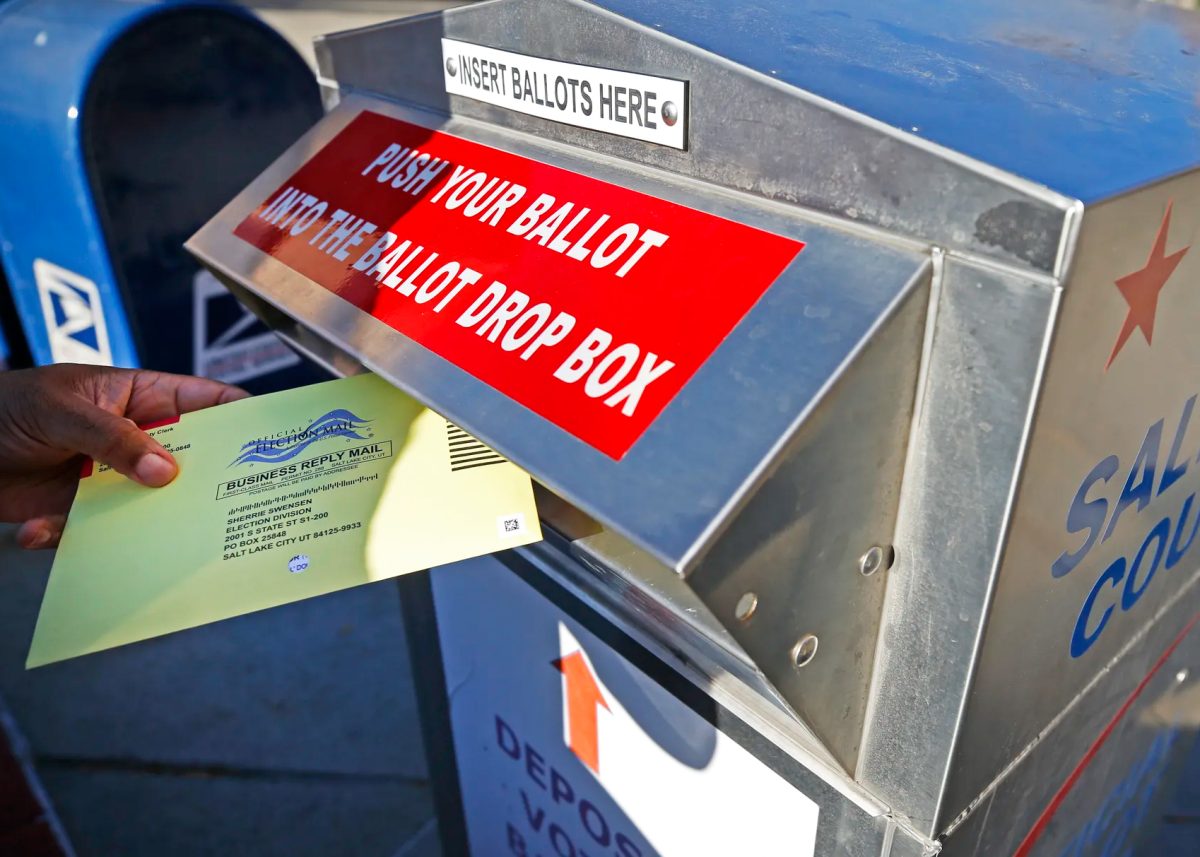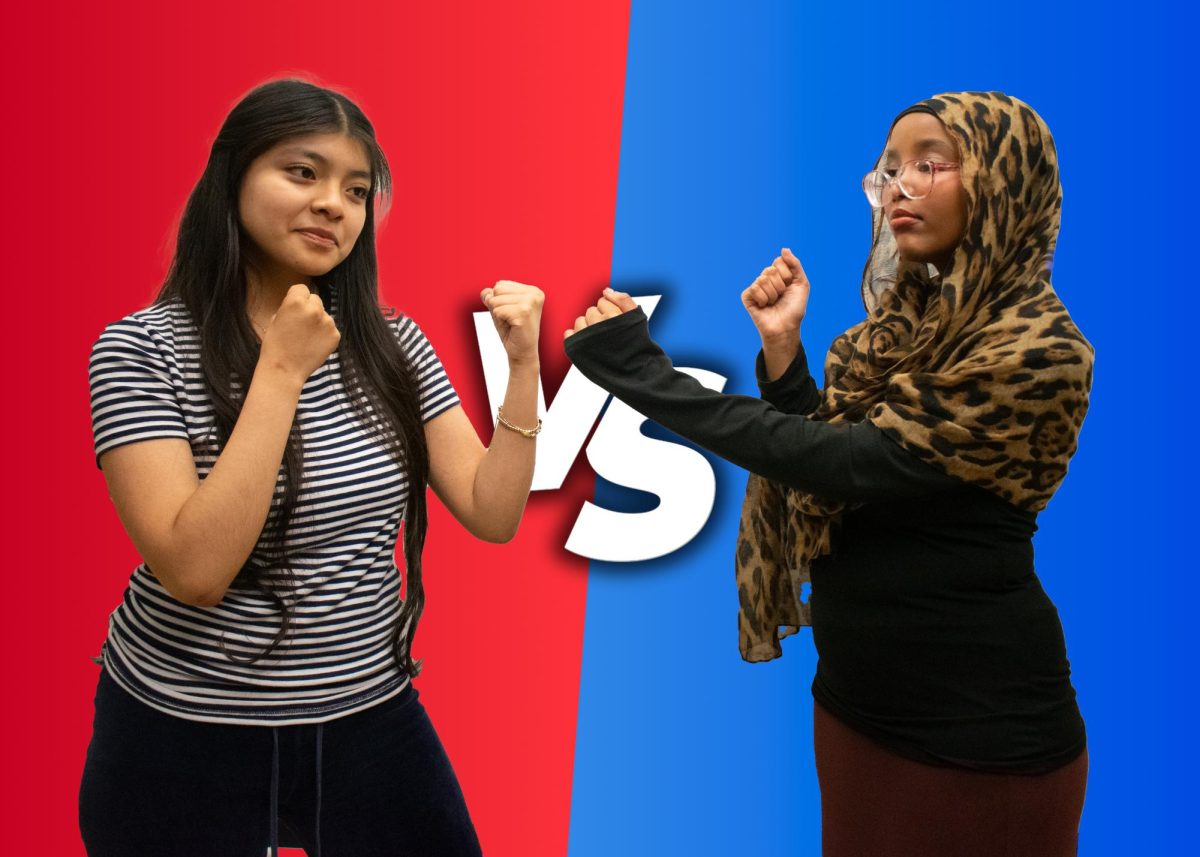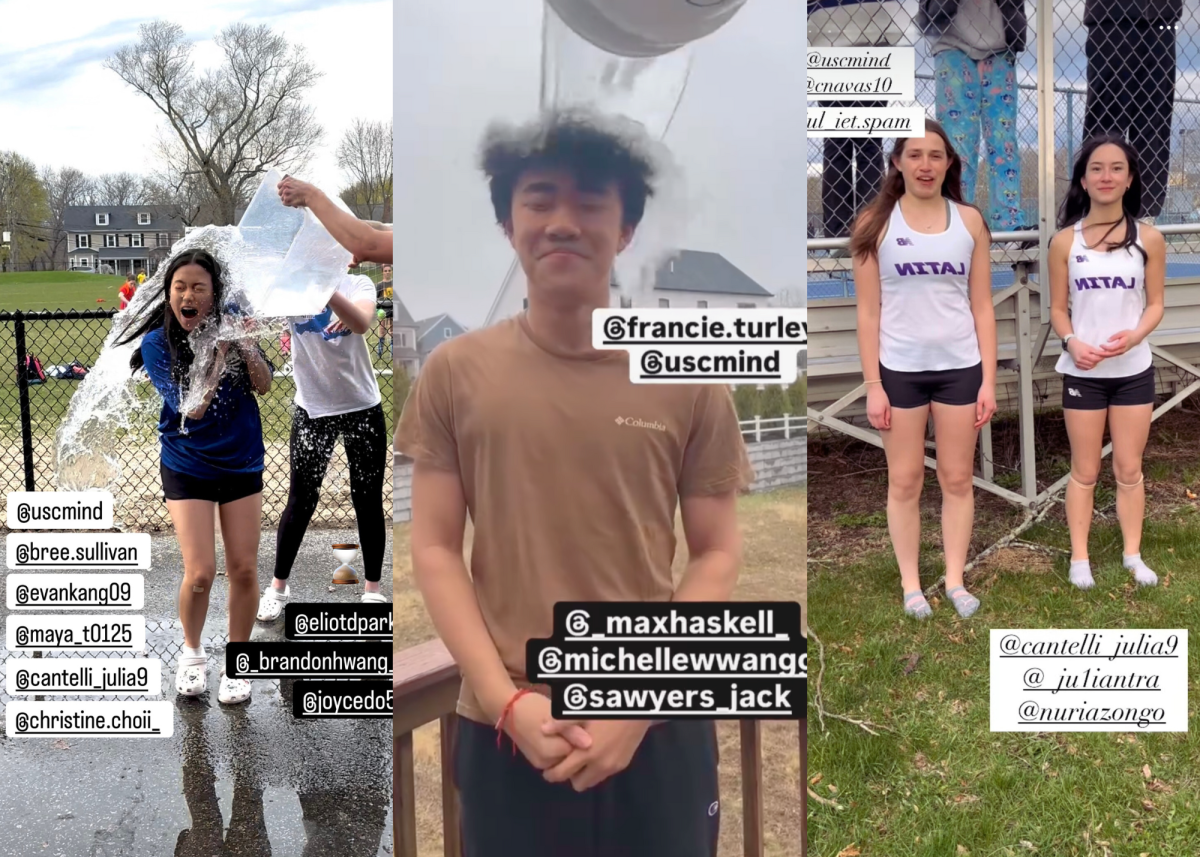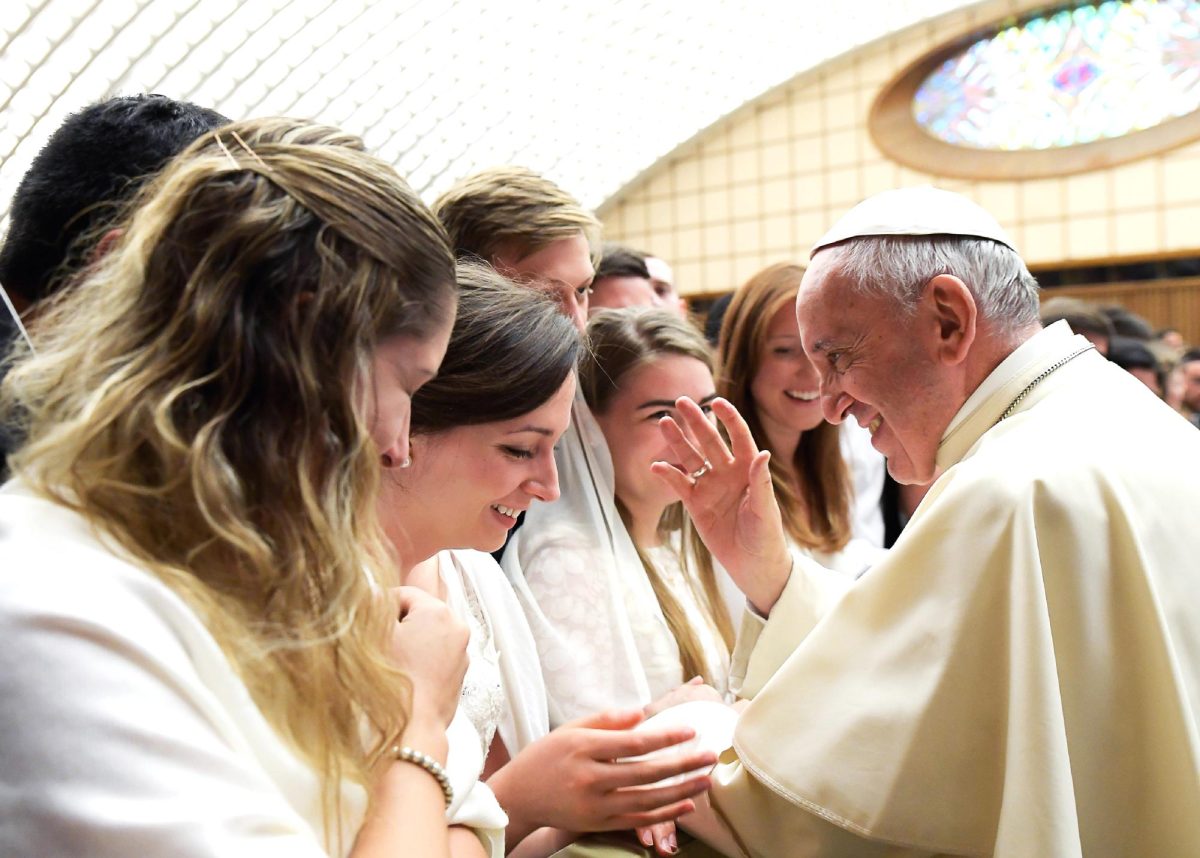In American democracy, voting is not just a right: it is a foundational act of citizenship. As young Americans reach voting age, however, many step into the poll booth with uncertainty, largely due to a gap in their education concerning the government and lack of knowledge about the political system. This shortfall undermines not only their confidence, but also their ability to meaningfully participate in democratic government.
It has become a common belief that school doesn’t teach youth usable life skills. While many graduate having memorized historical dates and how to solve challenging algebraic equations, they frequently lack the practical skills that are essential for adulthood, one of which is voting.
Boston Latin School math teacher Mx. Grace Foulis gives insight as to why this may not be a top priority for schools: “Take for example [advanced geometry]; are we going to do a highly mathematical quiz in the future? Highly likely not, but you’re learning logical reasoning.” This order of importance demonstrates a belief in the fundamental value of developing critical thinking skills, regardless of their direct relevance to future tasks that students may face outside of academia.
It is apparent, however, from the dwindling number of young voters, that this philosophy is failing to be applied to politics. Despite the critical role that government and politics play in everyday life, educational curricula often barely even skim the surface, providing students with a history of political events without looking into government operations or critical analyses of political ideologies and policies. With such an intricate governmental system, this inherent obligation to vote in America presents significant problems, exposing young voters to an overwhelming amount of unfamiliarized or even deceiving information, leaving them puzzled about their own country.
Kenny Mak (I) says, “The gap in our education system could cause our entire generation to abstain from the electoral process. Kids may feel their participation isn’t important if they aren’t taught so. I expect voting for a lot of people to be a mix of last minute research and putting together in their mind the best possible choice.”
The real danger of inadequate civic education is the ease with which political candidates can manipulate young voters. Without a solid understanding of how our political system works and the importance of civic engagement, youth are left vulnerable, easily swayed by persuasive speeches that may not be in their best interests or for the greater good of our society.
The rise of social media has transformed how people interact with politics, but it has also contributed to political polarization and simplified complex situations: common media like memes oversimplify complex political issues. While entertaining, they often prioritize shareability over depth, possibly influencing biases and may be misleading at times. It is essential to engage critically with political content beyond common media.
Most traditional high school curricula lack a comprehensive teaching of political education and civic engagement. The effects of this gap are more apparent than a singular student’s uncertainty in the booth. Democracy thrives on its citizens — but feeling underprepared to make a decision, many young potential voters opt out of the electoral process altogether, reducing democratic participation.
A reimagined curriculum is essential to prevent this. On the surface level, educators could foster a more politically aware and active student body by incorporating current political issues into classes outside of civics. One such subject is science, where teachers can touch on topics such as climate change, public health and technology policies, or math, where students can be introduced to the use of statistical analysis in interpreting election results, polling data and budget allocations.
In some cases, the curriculum implemented by educators doesn’t have to exclusively revolve around modern politics. For instance, BLS AP U.S. History teacher Ms. Ashley Balbian provides an illustration: “Studying [civics] engages students in the historical context of many constitutional rights they enjoy and why.” Studying American politics in a solely historical context, however, creates a barrier between connecting it to current situations.
The political education gap among young Americans is a critical issue with far-reaching consequences for democracy. The lack of guidance for young potential voters has damaged voter engagement and the voices of youth are not being heard at the polls. It is the duty of all of society to engage and learn in order to support an active democracy that forms the basis of this country.








